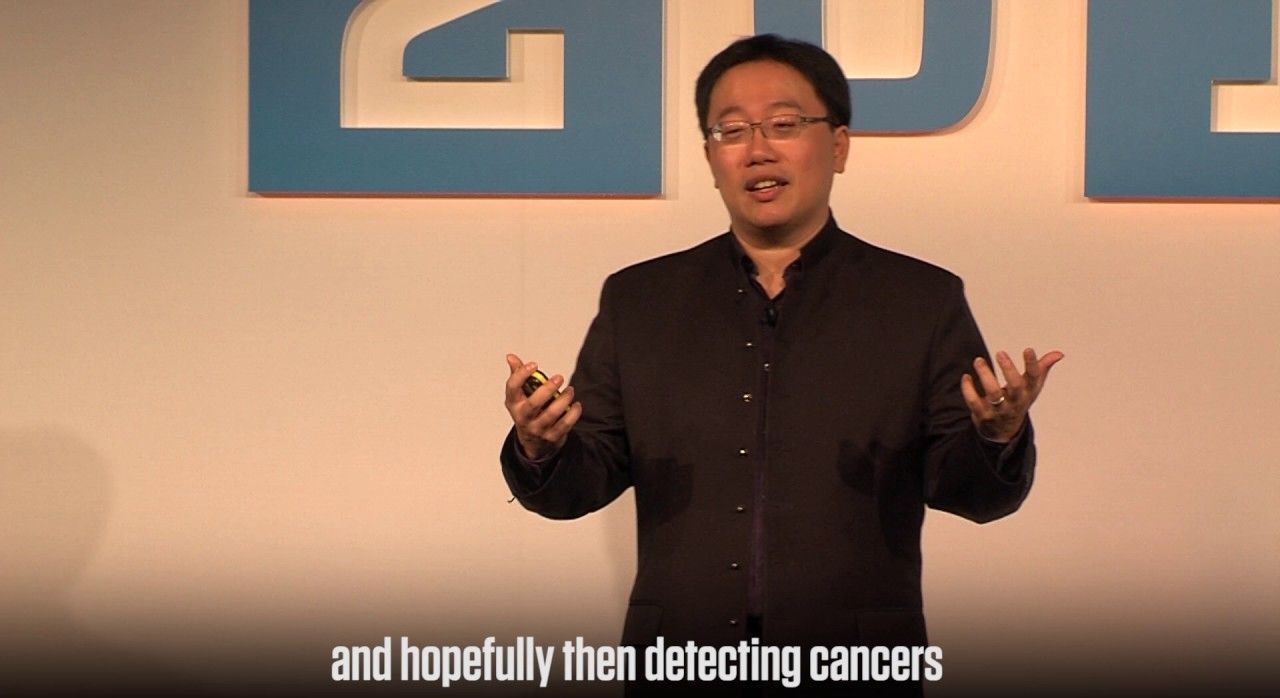
More news on senolytics.
Efforts to build rejuvenation therapies that work by selectively destroying senescent cells are very much in the news of late. One class of senolytic drug candidates works by inducing apoptosis, a form of programmed cell death, via reduced levels of Bcl-2 family proteins, such as Bcl-2 itself, Bcl-xL, and Bcl-W, all of which normally act to suppress apoptosis. Senescent cells are inclined towards apoptosis already, so a modest nudge in that direction can destroy a fair proportion of these unwanted cells without causing harm to healthy cells. These apoptosis-related proteins have numerous other roles as well, however, since evolution is very much in favor of reusing the tools to hand. For example, Bcl-xL is also involved in mitochondrial damage protection, the immune response, cellular respiration and DNA repair: quite the portfolio, and all items that are connected to aging in one way or another. I noted an open access paper today that muddies the water considerably on the topic of Bcl-xL, as it shows that more Bcl-xL rather than less (a) reduces incidence of cellular senescence in tissue cultures, (b) extends life in nematode worms, and © is found in human centenarians, but not younger individuals.
Ordinary somatic cells, the vast majority of the cells in the body, become senescent when they reach the Hayflick limit at the end of their replicative life span, or in response to damage, or a toxic local environment, or as a part of the wound healing process. Senescent cells cease dividing, and most either self-destruct or are destroyed by the immune system soon afterwards. This behavior has evolved because it suppresses cancer incidence, at least initially, by removing those cells most at risk. Unfortunately not all are destroyed, and those that linger cause harm to surrounding tissues via a potent mix of inflammatory signals known as the senescence-associated secretory phenotype (SASP). Given enough senescence cells, as few as 1% or less of all the cells in an organ, significant dysfunction and inflammation is the result, contributing to the development and progression of age-related disease.
Continue reading “Complicating the Picture for Aging, Cellular Senescence, and Bcl-xL” »

















